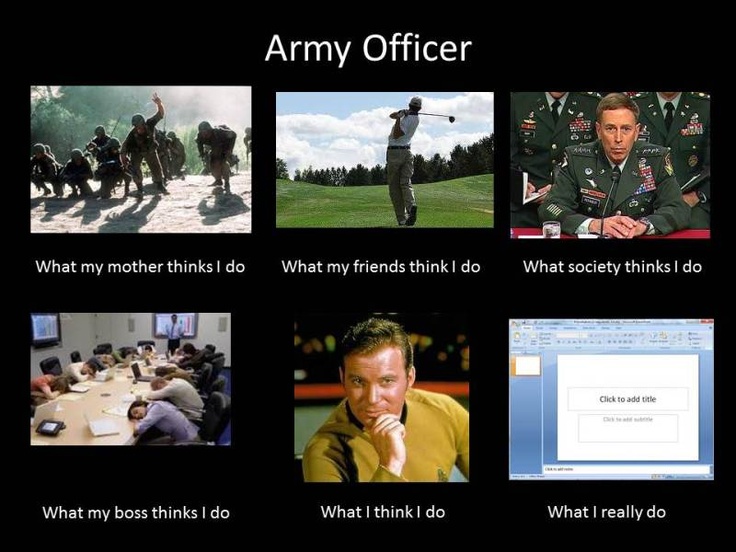Last week, a classmate from high school reached out to me. He’d been a journalist for about thirty years, but he was starting to see the writing on the wall. (Spoiler alert: print journalism is dying.) He was asking me for advice about jumping ship from journalism and going into technology.
I won’t go into details about what I told him, but I will tell you the principle I approached to his problem. I told him to start with what he was good at. While I’m sure he was looking for advice about getting into coding, what he really wanted to know was, how to reinvent yourself when you find you’re in a career dead end.

A big mistake many people make when choosing a career is the idea of “following your passion.“ That’s horseshit.
Passion is based largely on emotions, and emotions are fickle things; they change easily with the situation. When your career goes through a difficult phase, when the drudgery wears you down, the passion will leave you, and you won’t have the endurance to push through to a new level.
Some time around age 16, I decided that I wanted to become a military officer. It basically boiled down to a number of different factors.
- I was in the Boy Scouts, and joining the military seemed like a logical continuation. I believed (and still believe) in the concepts of “Duty, Honor, Country” embodied by the military.
- I wanted to prove, to myself if no one else, my own sense of character and courage.
- At the time the Cold War was still in full force. I wanted to be one of the good guys fighting the Evil Empire.
- And in no small part, I wanted the adventure that came with deploying overseas.

However, a funny thing happened on the way to my first active duty posting. Ronald Reagan left office when I began ROTC, but Bill Clinton was my Commander-in-Chief by the time I arrived at my first unit.
The Berlin Wall came down. The Soviet Union imploded.
And the United States had thousands of soldiers they didn’t know what to do with.
In the end, I was following my passion joining the Army. The passion of an adolescent teenager lacking the life lessons that only come through bitter experience.
Cal Newport discusses this in his book So Good They Can’t Ignore You. He debunks a lot of myths that seem to justify the “follow your passion” myth, pointing out how a lot of it resulted from a series of lucky breaks. (For example, Steve Jobs and Apple Computers)
Telling someone to follow your passion isn’t just wrong it is dangerous — potentially a foundation of riddled career full of confusions and angst.
Cal Newport, So Good They Can’t Ignore You
Instead, Newport advocates adopting a craftsman mindset: get really good at rare and valuable skills that people want; so good, in fact, that people can’t ignore you. In doing so, you accumulate what Newport calls career capital.
Building career capital isn’t easy. Rare skills are rare because they’re hard to learn; if they were easy, everybody would do them. It also requires showing up, day in and day out, even when you don’t want to. But Woody Allen said it best: eighty percent of life is showing up.